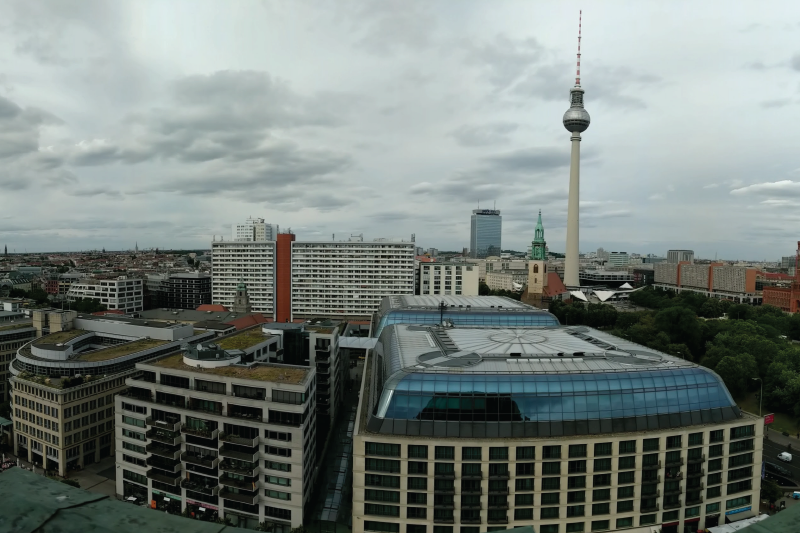Reverse Culture Shock
After living in your host country, adjusting to a new culture, and meeting amazing people, you might not be ready to leave when your program ends. Even if you’re excited to return home, you’ll still experience some level of reverse culture shock.
Reverse culture shock occurs because a place that once felt entirely familiar suddenly seems strange and foreign. Studying abroad is disruptive in a good way, but it can lead to some unexpected emotions. Much like culture shock, reverse culture shock occurs in various stages and affects everyone differently. Being reunited with friends and family and returning to the comforts of home is wonderful, but that excitement can quickly subside as you reenter normal life and start missing your host country. The important thing to remember is that you will eventually adjust and learn how to incorporate the things you’ve learned abroad into everyday life.
These tips will prepare you for reverse culture shock and help you handle it in a healthy, productive way:
Expect some things to be different
It’s can be rather jarring to realize that while you were away on your adventure, life continued as usual at home. This means that home isn’t quite what you remembered it to be, and that can lead to some of the negative emotions of reverse culture shock. These are some of the common changes that students experience:
-
- Friends and family
-
- Distance can make communication difficult and returning to these relationships might feel uncomfortable and strained
-
- You might feel like you missed out on too many events while you were gone and therefore don’t fit in like you quite used to
-
- Your view of the United States
-
-
-
- Your new perspectives will cause you to look at your home country differently and question some things that you took for granted
-
- Your experiences abroad will likely affect your opinion of the United States in both positive and negative ways
-
-
- Your plans for the future
-
- Studying abroad might have introduced you to career options and made you question your current path
-
Realize that not everyone will understand the impact of your time abroad
You’ve just had the time of your life. You’ve seen and done so many incredible things, and you’ve grown exponentially as a person. However, explaining your experiences and how they’ve affected you can be difficult. Keep these things in mind:
-
- People don’t always know how to relate
-
- If you have not lived or traveled abroad, it’s difficult to understand every aspect of the experience
-
-
- “So, how was it?” might be the only question you’re asked
-
- People are genuinely interested, but they might not know what to ask you
-
- You might have hard time summarizing and explaining your time abroad
-
-
- Friends and family don’t want to think that you’ve outgrown them
-
- Because you have new ideas and perspectives, it can seem like you no longer relate to them in the same way
-
-
- People might not understand why you want to talk about your time abroad all of the time
-
- Again, because it’s difficult to relate to experiences you haven’t had, the people around you might tire of hearing your stories
-
- This can make you feel isolated and alone
-
Learn how to reconnect
Regaining proximity to your friends and family can be challenging in unexpected ways, but you can take steps to ease the transition. Rather than texting or casually chatting, spend one-on-one time with the people you haven’t seen in months and really take time to listen to their stories. Any initial awkwardness will likely subside soon.
Embrace your growth
Rather than feeling like a misunderstood outsider, celebrate all of the positive ways that you’ve changed. Just because you have new thoughts and experiences doesn’t mean that you’re a different person. You’ve just challenged yourself and grown in amazing ways.
Look for other opportunities abroad
If you want to make international experiences a big part of your life, you absolutely can! Consider studying abroad again or attending grad school in another country. There are also hundreds of options for internships, language learning programs, and volunteering internationally.
